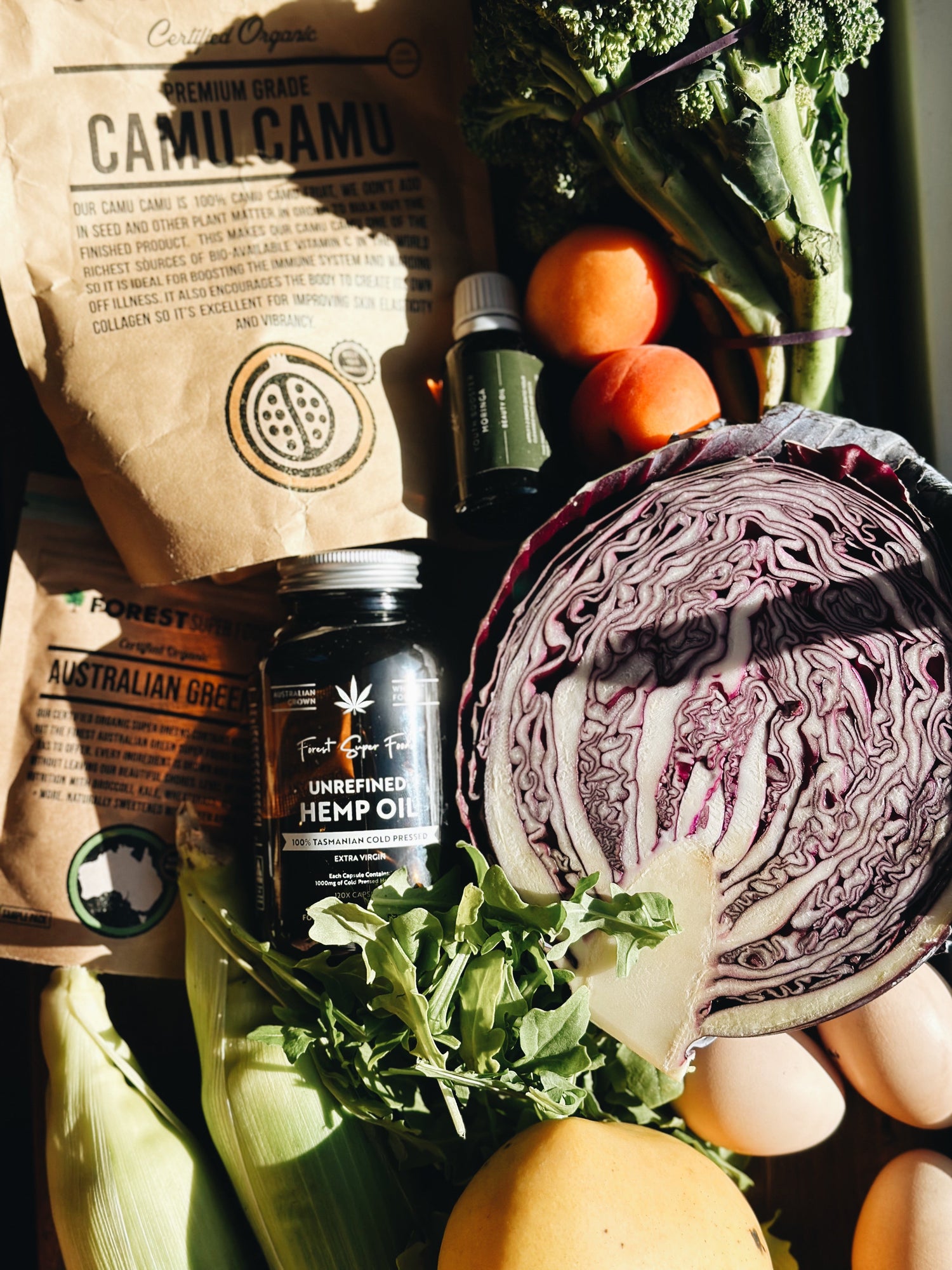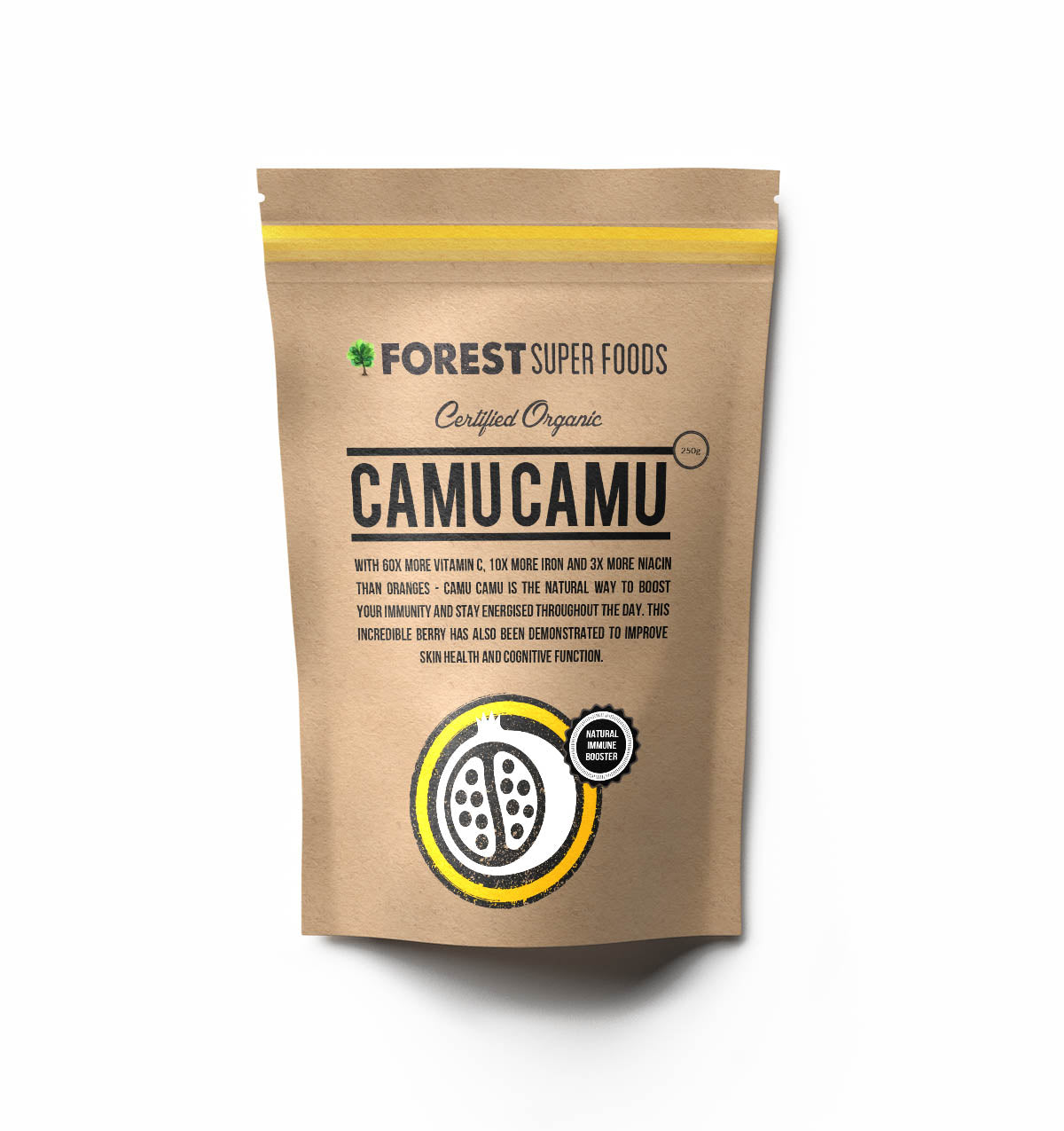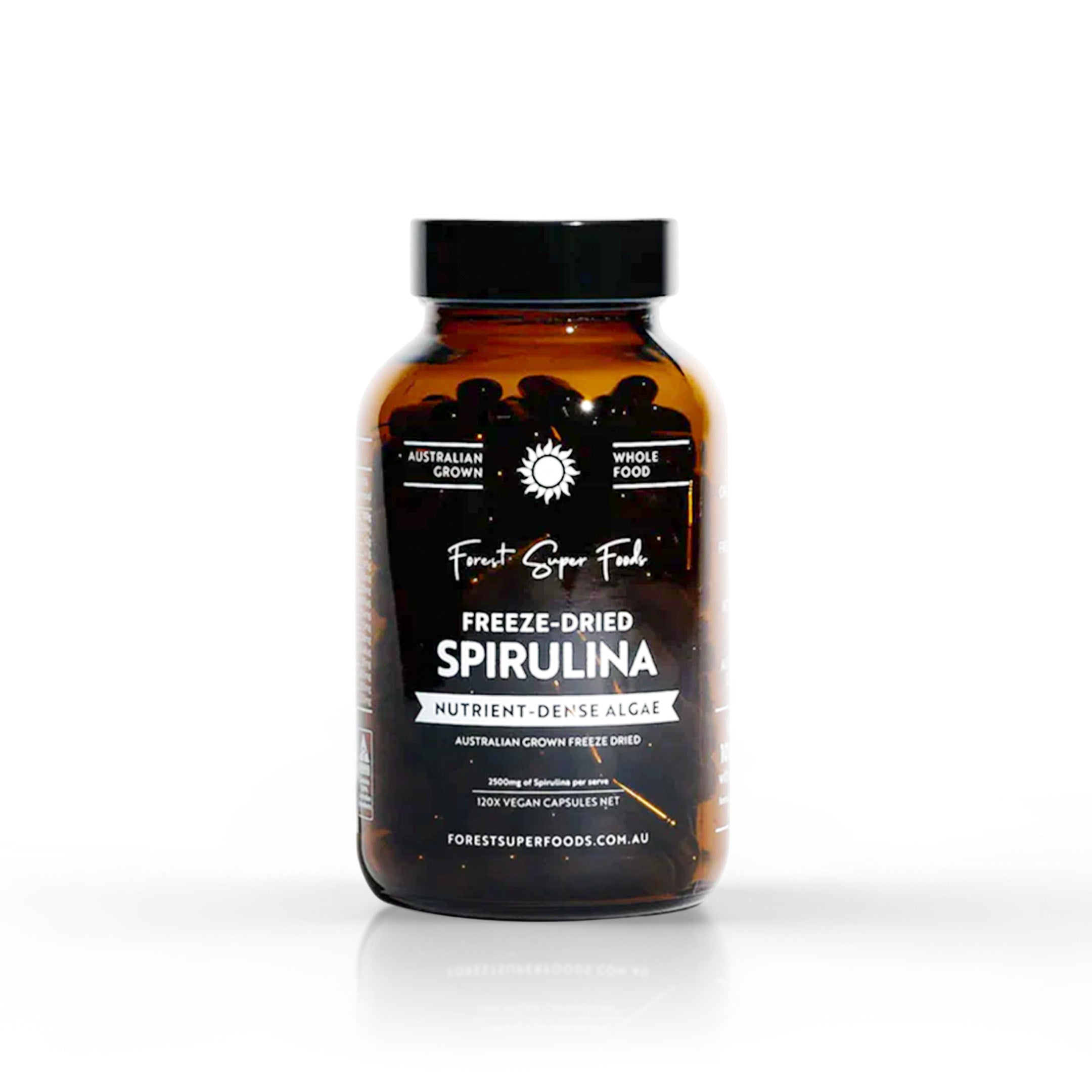As the days grow shorter and the air turns crisp, our bodies instinctively crave warmth, nourishment, and grounding. Winter isn't just a change in weather—it's a shift in biology, mood, and metabolic rhythm. Yet, modern food culture, dominated by global supply chains and convenience, often detaches us from these natural cues. Seasonal eating is more than a trend—it’s a return to intuitive wellness. And in winter, eating seasonally becomes a powerful form of self-care.
Nature Knows Best: Winter Foods for Winter Needs
Winter vegetables like pumpkin, carrots, sweet potatoes, onions, and dark leafy greens are not just abundant—they're exactly what our bodies are calling for. Root vegetables provide slow-burning carbohydrates for sustained energy. Cruciferous greens like kale and Brussels sprouts are rich in immune-supporting compounds. Citrus fruits, in their seasonal prime, deliver a refreshing hit of vitamin C when we need it most.
Nature, in her wisdom, grows what supports us through the season. Winter produce is heavier, denser, and packed with the nutrients we need to stay warm, grounded, and protected from seasonal viruses.
Warming the Body: The Power of Seasonal Preparation
How we prepare food in winter matters just as much as what we eat. This is the time for:
- Slow cooking: Soups, stews, and broths not only warm the body but make nutrients more bioavailable.
- Spices that stoke the fire: Ginger, turmeric, cinnamon, and garlic stimulate circulation and support digestion.
- Fermented foods: Sauerkraut, miso, and kimchi balance gut flora—especially important when indoor living and antibiotics are more common.
Rather than cold smoothies and salads that dominate summer wellness trends, winter invites us to think warm, hearty, and hydrating.
Immunity, Mood, and Metabolism: Why Seasonal Eating Works
Our immune system slows in winter, partly due to lower sunlight exposure and vitamin D levels. Seasonal eating fills the gap. Foods like mushrooms, citrus, and garlic naturally support immune function. Winter carbs (like root vegetables and whole grains) aid serotonin production, which stabilises mood when sunlight is scarce.
Even metabolism adapts. Colder weather increases our caloric demands as the body works to stay warm. Eating seasonally respects that—fueling us without overwhelming digestion.
Eating seasonally is also a vote for the planet. Seasonal foods require fewer resources to grow and transport, and when sourced locally, they support farmers in your region. In winter, that might mean switching from imported berries to locally harvested pears, apples, and root crops. It’s a small shift with big impact—nutritionally, environmentally, and economically.
Eat with the Season, Thrive with the Season
Winter asks us to slow down, nourish deeply, and live intentionally. Seasonal eating answers that call with wisdom older than any trend. It’s about more than food—it’s about rhythm, resilience, and reconnection.
So as you sip your next cup of spiced soup or roast a tray of root veggies, know that you’re doing more than feeding your body. You’re aligning with nature’s design—and in winter, that’s the ultimate act of nourishment.
Certified Organic Camu Camu Berry Capsules為您的健康和保健提供強大的補充劑。 立即訂購 |

|
常見問題
獅子草對身體有什麼功效?
獅子毛(Hericium sp.)是傳統上作為健康飲食一部分的功能性蘑菇。它因其獨特的營養成分而受到重視,通常被選來支援整體的健康、生產力和心智清晰度。
獅子鬃在澳洲合法嗎?
是的,獅子鬃毛在澳洲是完全合法的。
獅子草有什麼副作用?
獅子草的耐受性一般都很好,但有些人可能會有輕微的消化不適或皮膚過敏。與任何補充劑一樣,如果您有過敏或正在服用任何常規藥物,最好先諮詢您的醫療保健提供者。
獅子草和 Ashwagandha 孰優孰劣?
這取決於您的目標。Lion's Mane(獅子鬃)在專注力、精神清晰度和減少腦部霧氣方面有很高的價值,而 Ashwagandha(灰草)則能夠減輕壓力和焦慮,讓情緒更平靜。
獅子草會讓我昏昏欲睡嗎?
獅子草不是鎮靜劑,通常不會讓您覺得昏昏欲睡 - 事實上,許多人都表示服用獅子草後,精神會更清晰、更警覺。









發表評論
所有評論在發表前都經過審查。
本網站受 hCaptcha 保護,並適用 hCaptcha隱私權政策 和服務條款。